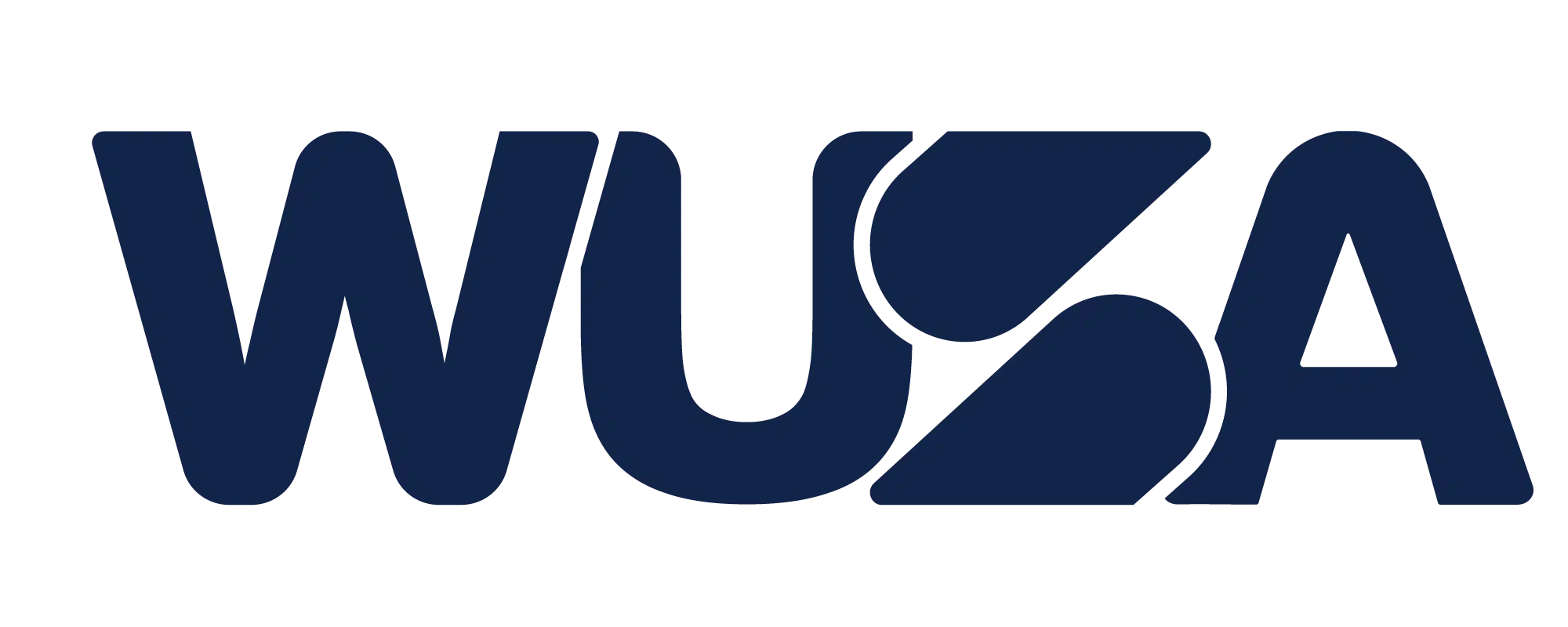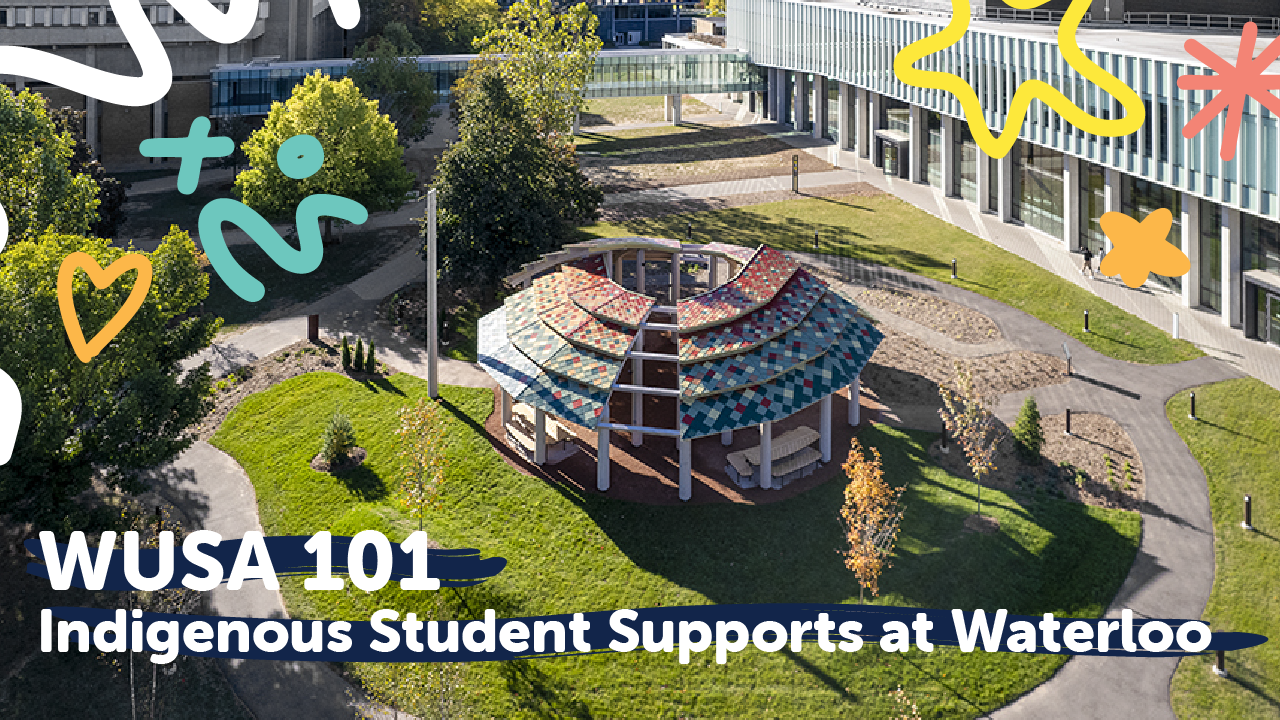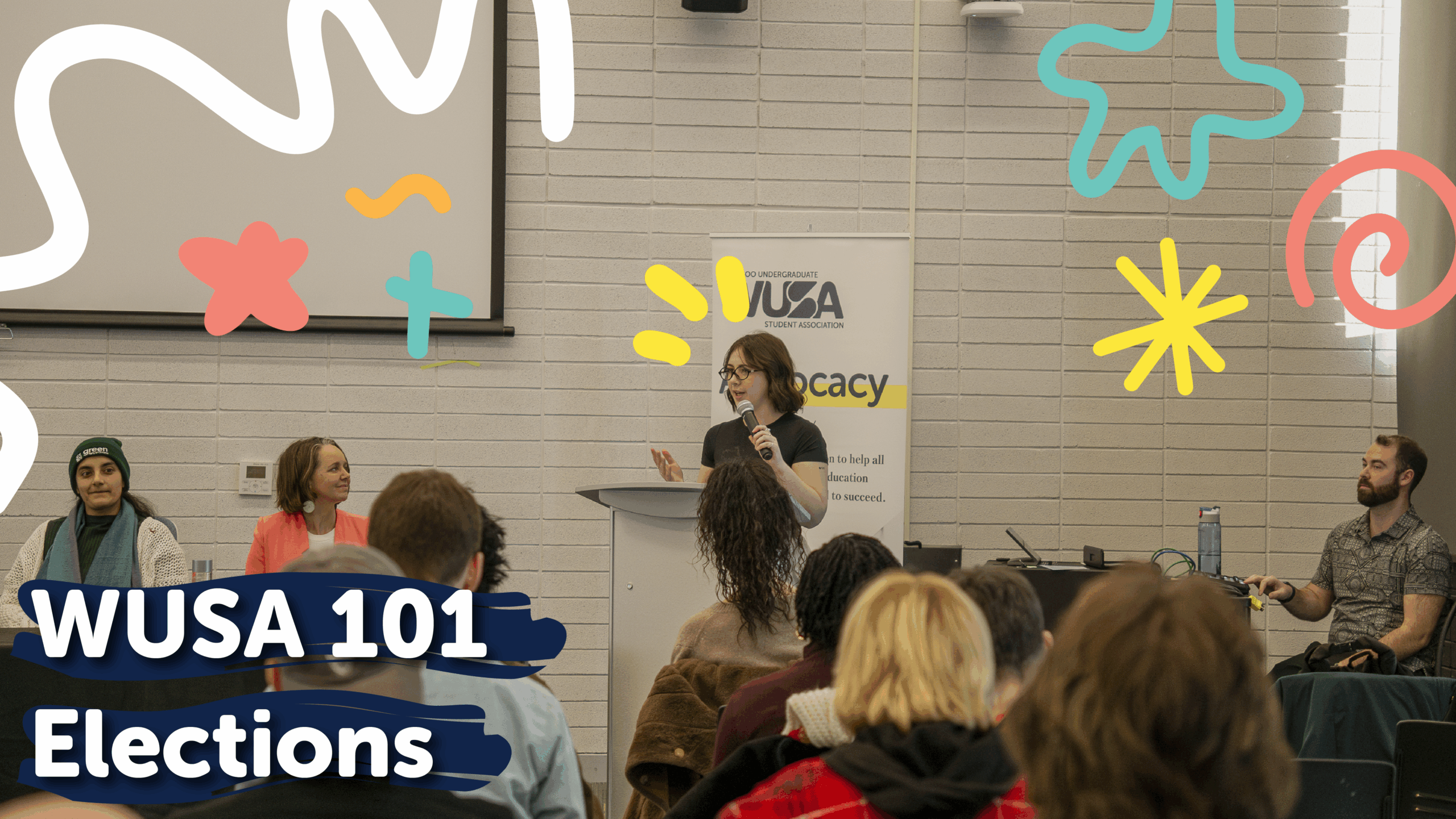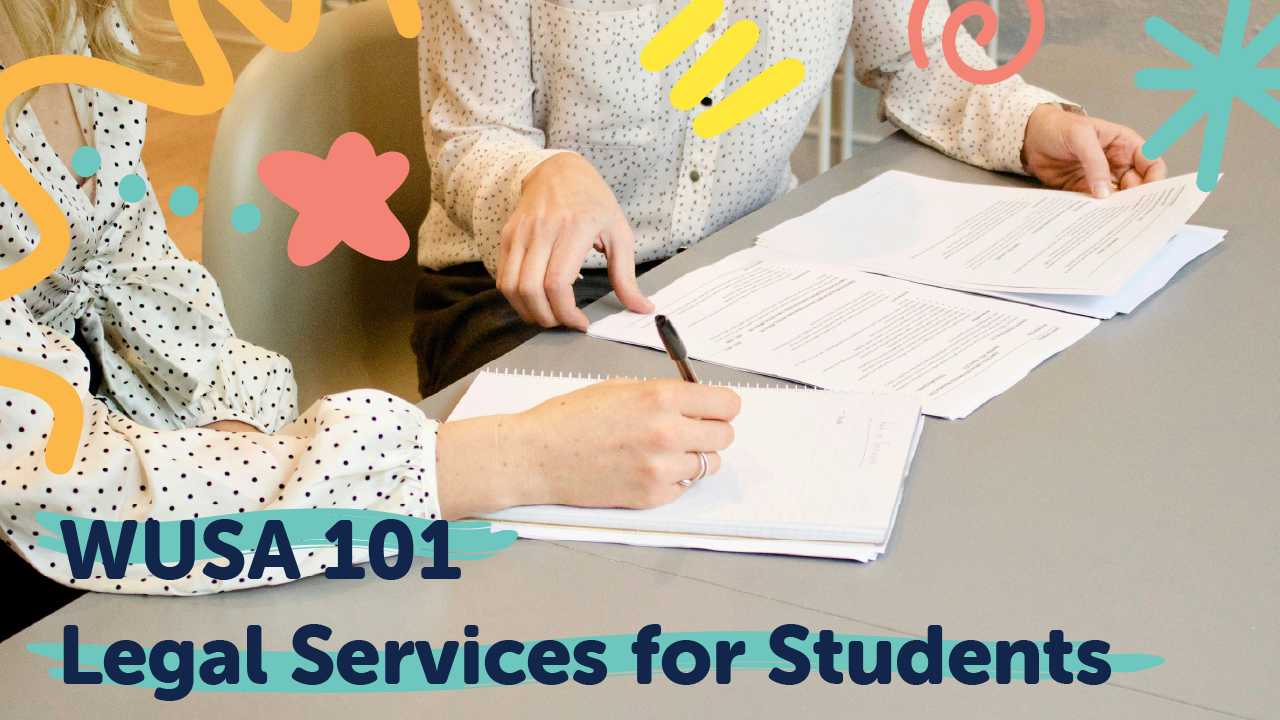Year End Recap on WUSA’s Equity Work
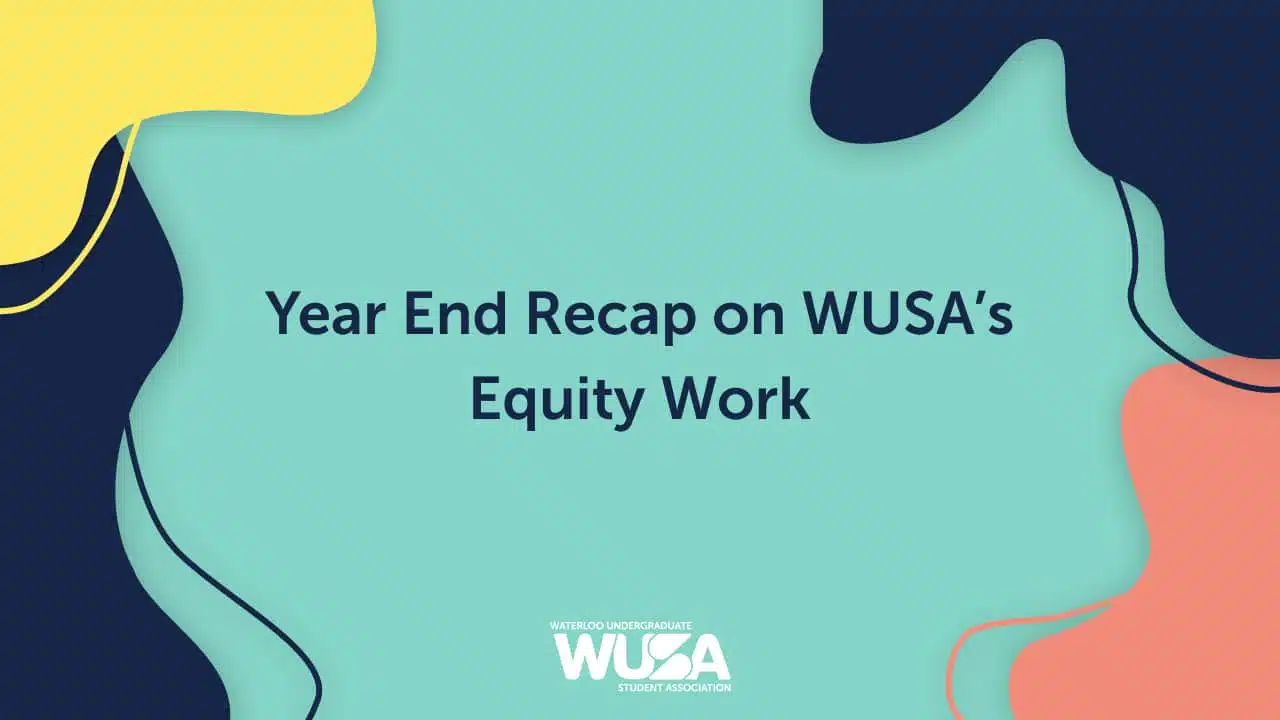
As has become our standard since the first Anti-Black Racism update, each term we share updates on WUSA’s diversity, equity, and inclusion (DEI) work in different areas, internally and externally.
This year-end recap is no different. Since the last DEI update for the current group of execs, it outlines the work they have done in this sector and lays the ground work for subsequent updates from the incoming team.
Internal Work
Internal Review – We were previously engaging with an external consultant who started work with us in January. Unfortunately, due to competing priorities related to COVID-19, the consultant is no longer working with us. Although this has set us back on our initially communicated timeline, we have since reviewed new consultant proposals and are excited to have a new company on board that will help us with our full org review moving forward.
Internal Training – As part of training for the upcoming governing year, members of Council, Board, and the Executive will engage in mandatory equity training created and led by a group of Alumni and their business, Integration Generation. Governance volunteers have been asked to seek additional training and will receive mandatory follow-up training as part of their roles throughout the year. WUSA leadership and full time staff continue continuing to engage in further training and educational opportunities offered by HREI and other external groups as we await formal training recommendations from the consultant.
Additional Resources – New Equity FTS positions have been created to ensure we are effective and responsible in the prioritization of this work moving forward. One of the positions will help oversee equity work org-wide and was approved by the Board of Directors on April 19th. The other is currently being developed and will specifically oversee and support the equity-seeking services.
A new human resources policy handbook created by the current President will cover processes for reporting harassment and discrimination, outline our beliefs regarding equal opportunity in the workplace, and outline a process for internal disclosure. This handbook is currently in effect and training will occur for all part-time and full-time staff over the next month.
Trans Student Bursary – The Trans Student Bursary launched in winter/spring 2020 specifically placed as part of the VPSL budget for students who need funds to help with their transition (changing their name, etc). Since the launch of the bursary application, we have had a number of applications submitted and approved. If you know someone who would benefit from this resource, here is the link: https://wusa.ca/trans-student-bursary-application-form.
Accessibility Update – This term our Student Accessibility Commissioner, Vicky, worked to collect data from students via survey and focus groups. That information is currently being compiled and will be presented at the May 16th meeting of Students’ Council. The final report will be available in the spring as the incoming VP Education, Stephanie, works to put together advocacy goals with her AVPs.
University Advocacy
HREI Review – As a response to the sharing of experiences and advocacy efforts from the Black Faculty Collective, Equity4Who, UWBASE, RAISE, other groups and individuals including WUSA, the university has been undergoing an organizational review of the Office of Human Rights, Equity and Inclusion (HREI). The HREI office recently extended an invitation to participate and our VPSL, Nada, on behalf of WUSA submitted our recommendations to the office. We hope to have more opportunities to participate and give feedback during this process.
PART – WUSA and RAISE attended the first of three PART Townhall’s on April 28. According to Dr. Charmaine Dean’s office, the purpose of the Townhall is twofold:
- To create more cohesion and consistency across campus, all Anti-Racism Campus Interest Groups will present updates on the things they are doing in their areas
- Provide an opportunity for interest groups to provide feedback on the work of PART
WUSA representatives will now serve on the task force itself (in addition to the working groups under PART). We are looking forward to attending the next meeting and are waiting to hear back on how many representatives we will be able to send.
We are prioritizing BIPOC student representation and compensation for these undergraduate seats. Having WUSA representation on the task force will help us hold the university accountable in this work, ensure undergraduates are part of the conversation, and provide us the ability to be the eyes of students and share transparent updates on the work of PART with undergraduates through our channels.
Meeting with the Black and Indigenous Studies Department Implementation Team – Early in April, we met with faculty on the Black and Indigenous Studies Department Implementation Team to discuss how undergraduates can be involved in the creation of these programs. We want to acknowledge the hard work these faculty members are doing to create these programs: Kathy Hogarth, Lori Campbell, Christopher Taylor, and Vershawn Ashanti Young initiated this work, calling on the university to establish these programs and are now leading the work themselves. This work begun prior to 2020 with Lori Campbell who led the creation of the Indigenous Studies minor that currently exists.
In order to best support this work, WUSA will help to engage and connect the faculty with undergraduates to promote opportunities for involvement when the team is ready to bring students into this work. As valued faculty supports for Black and Indigenous students, we weren’t surprised that the team expressed genuine excitement and commitment to undergrad involvement.
Creating and implementing a new academic program is a multi-level, complex process with the potential to face time-consuming roadblocks. As undergraduate partners, if needed, we will use our platforms and position with the university and government to help push and support the implementation of the Black Studies and Indigenous Studies departments in a timely manner.
Black and Indigenous Faculty Hiring – The University has announced their intentions to cluster hire tenure track Black and Indigenous faculty as part of their long-term commitment to increase representation within Waterloo faculty. Currently, there are only 7 tenured Black faculty at the University of Waterloo. This change is a step in the right direction and we plan to continue to show our ongoing support for Black and Indigenous faculty growth for the long-term.
In 2017 we partnered with WISC and ISA to release the Education and Reconciliation: Indigenous Student Success at the University of Waterloo. Recommendation 6 included a call to increase Indigenous faculty representation and hiring at the University. We are pleased to see the university taking steps towards this overdue action.
Co-op Updates – CEE’s student equity advisory group has met several times after forming this last year, as a response to the calls to action on the university as a whole, including co-op. As such, this group is involved in the review being conducted on CEE’s processes and services for students through an equity and anti-racism lens. Students have had the opportunity to provide CEE with recommendations, advice and information related to the development and implementation of processes and actions to eliminate systemic barriers within CEE.
Orientation – Orientation and Member Transition Manager as well as Orientation Leaders were invited to attend the National Orientation Directors Association (NODA) conference in March 2021. The conference included EDI training which also provided our Orientation Leaders with racial literacy resources, shared by keynote speaker, Debra Leigh.
External Advocacy
UCRU Mental Health Policy – our federal advocacy collective, Undergraduates of Canadian Research-Intensive Universities (UCRU), is in the final stages of writing its policy paper on mental health. The policy focuses on advocating to the government to remove discrimination to mental health, especially in the area of accessing healthcare and includes recommendations like:
- The Government of Canada should make targeted investments in programs that can reduce the disparities in the social determinants of health
- The Government of Canada should include mental health services in the universal healthcare coverage, especially for youth and other marginalized populations
OUSA Student Health and Wellness – On a similar note, OUSA’s Student Health and Wellness paper has been published. The policy covers the inadequate and fragmented mental health care system, gaps in accommodations and coverage and barriers to sexual health support.
OUSA Addressing Racism and Religious Discrimination – You may remember in our last update that we were working on OUSA’s Racial and Religious Equity paper. The paper has been retitled Addressing Racism and Religious Discrimination. The student authors are very proud of the paper and it will be released in the next few days. You can read more on the policy on OUSA’s website.
OUSA Indigenous Student Policy Paper – The final item accepted at OUSA’s General Assembly in March was the report on the Status of the Indigenous Students Policy Paper and Next Steps Spring 2021. Included in the report are a number of guiding principles that will inform the work OUSA does moving forward as it aims to create a policy document to inform OUSA’s advocacy in support of Indigenous students. They include:
- Open and active listening to Indigenous peoples
- Inclusion of various voices
- Not tokenizing voices (one “Indian” perspective)
- Pluralizing the cultures included (utilizing all nations)
- Make an effort to include French-Indigenous people (not just Métis)
- Continuous communication with Indigenous people throughout the process
- Doing the work in an Indigenous fashion (forgetting bureaucracy)
- Create land acknowledgements in collaboration with Indigenous people, but it is the responsibility of non-Indigenous people to initiate and present them
- Self-education for those who do not understand Indigenous histories, it is not up to an Indigenous person to educate you on their issues
- To not expect every Indigenous person to have the same thoughts/ views/ experiences
- Recognize diverse histories of Indigenous peoples, and that many may hold onto their rage.
International Student PR Opportunity – Finally, we are pleased to see that the federal government has created an additional pathway for international student graduates to attain permanent residency. Check out our detailed announcement here https://wusa.ca/news-updates/new-temporary-policy-permanent-residency-what-you-need-know
Equity Included in Government 2021 Budgets – The federal government recently announced their 2021 Budget, A Recovery Plan for Jobs, Growth, and Resilience. The budget focuses on addressing many inequities across the country and includes investments in student financial aid, work integrated learning and Indigenous student support—critical items WUSA advocated for on behalf of post-secondary students. WUSA is glad to see some of our recommendations reflected in the budget and will continue to advocate to the government on matters related to students.
Your outgoing execs, Abbie, Megan, Nada, and Alana, are proud to have served you and wish the incoming execs all the best in continuing to advocate for matters most important to students at Waterloo.
Published: Friday, April 30, 2021
